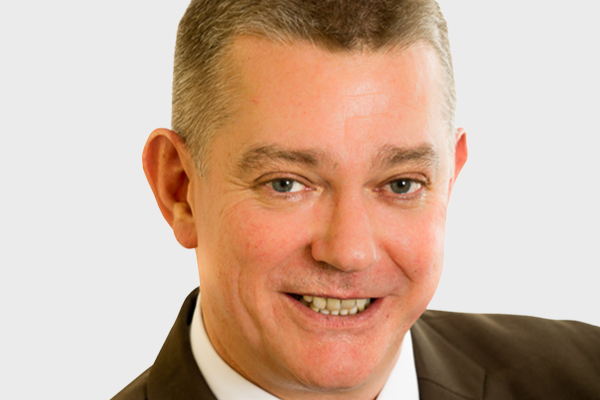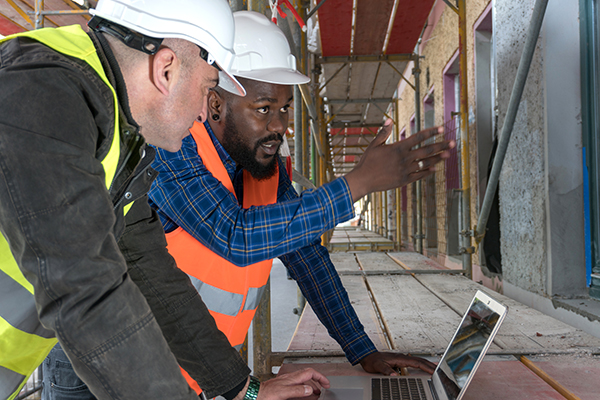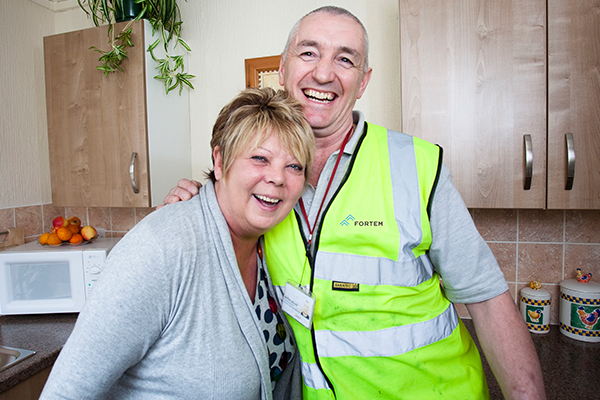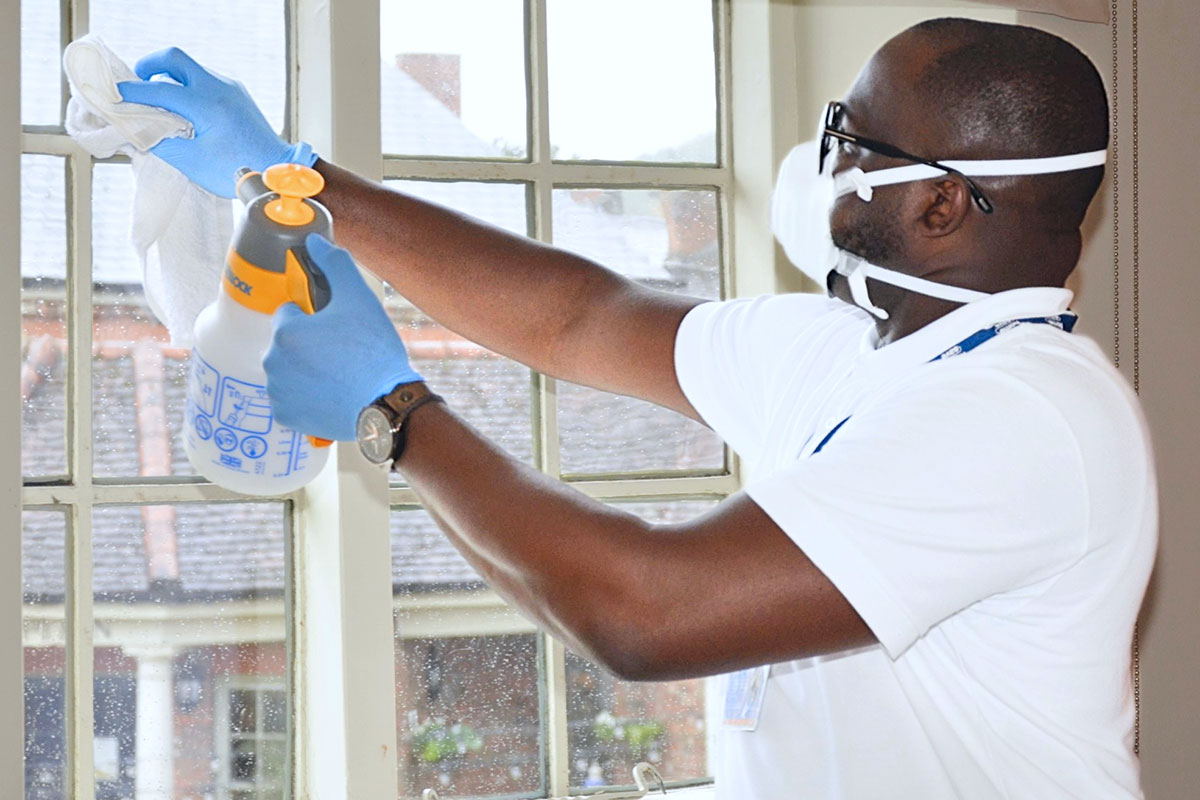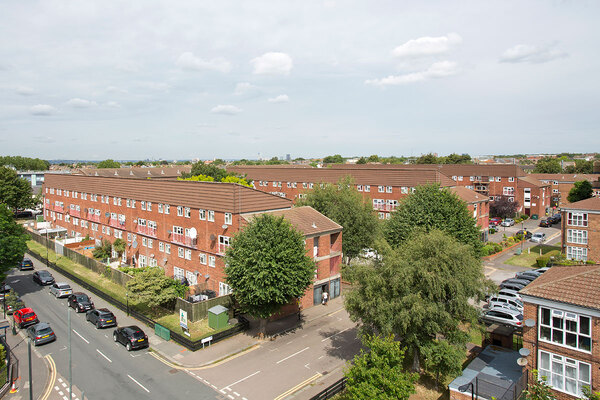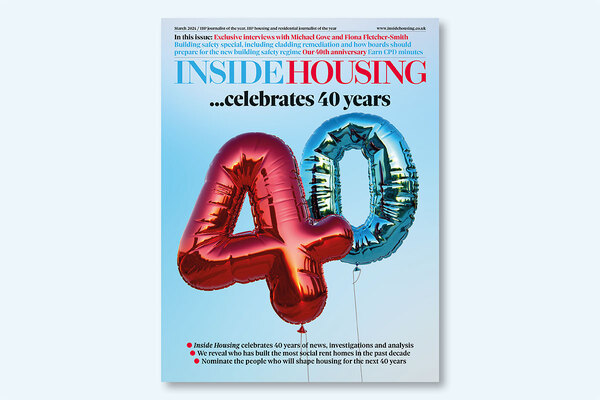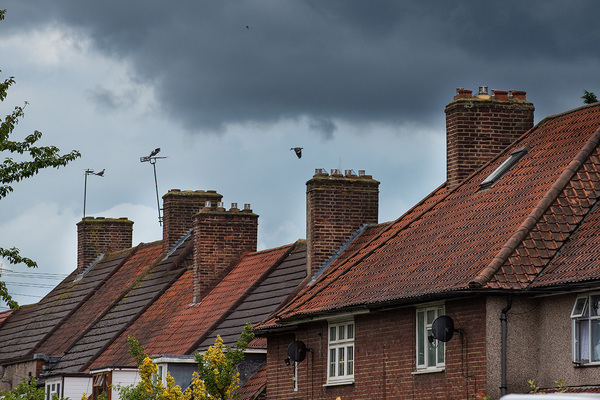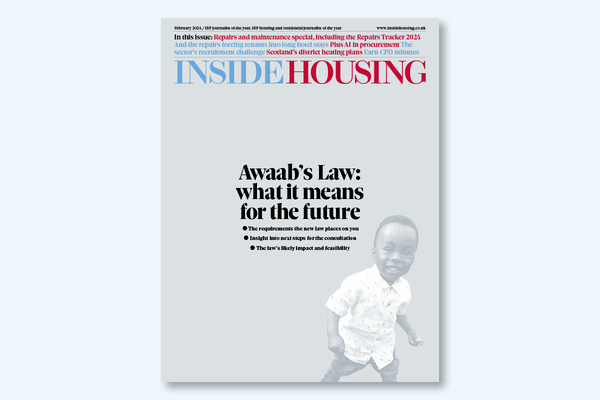Change and improvement
Mick Williamson, managing director, Fortem
Article written by:

The operational landscape in affordable housing has changed considerably during the past two years and continues to do so rapidly.
Our demand for and consumption of financial, technical and operational resources in housing maintenance and investment has risen, with customer expectations up and technical standards becoming more complex. Future success will not be achieved by doing different things, but by doing things differently. We must work smarter.
Our ability to drive, embrace and embed change is pivotal to the success of housing maintenance and investment strategies, as well as the prosperity of our sector.
However driving and delivering change is difficult. It must be driven from the top of organisations and senior management teams should be determined to take difficult decisions and see them through.
We must not stop challenging ourselves. Change enriches the roles of our people; it keeps skills fresh, improves standards, stimulates new ideas and provides the business case for investment in new technologies. Change is the life blood of our industry.
We should create working environments where our people are encouraged to work together, challenge convention and offer ideas to improve working methods, technical specifications, work management processes and business systems. Our management teams should be seen as enablers to change, collaborating with tradespersons and field-based staff to generate smarter ways of working, and use ‘lab environments’ to pilot and prove business cases.
“We should learn from other sectors as to how we can best interpret business intelligence and data.”
We should partner effectively with the supply chain, embracing more modern ways of doing things. Our approach to new products, re-engineering specifications and adopting new installation methods must be much more open, as should our acceptance of smarter ways of working.
We should use advancements in technology to maximise digitalisation of field workers and site teams and we must work towards creating paperless environments to streamline our processes. We must develop better systems to collect and harness knowledge of housing assets and estates and we should learn from other sectors as to how we can best interpret business intelligence and data within our systems to shape and deliver improvements.
No maintenance service or capital improvement project should be left untouched because change is a continuous improvement process and should be ingrained in the culture of our organisations.
One ‘smarter way of working’ will not fundamentally improve the efficiency or effectiveness of a housing maintenance or investment project. Change will be achieved through the collective impact of several ‘marginal gains’ brought about by the introduction of a wide range of improvement initiatives cross-cutting operations, technical, processes and technology. Change must be purposeful, well led and driven to gain the best outcomes.
We should not fear change but we must be prepared for it. Most change initiatives involve a trade-off and the need for difficult decisions to be made will continue.
Our sector should celebrate its successes; we have an abundance of talented people working with us. Together we have the ability to make affordable housing a stand-out industry, enriching the lives of our people working in it and creating life-enhancing opportunities for those relying upon it.
